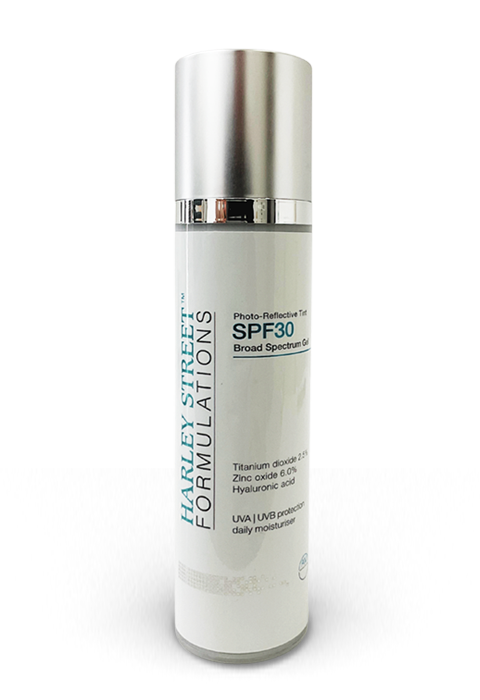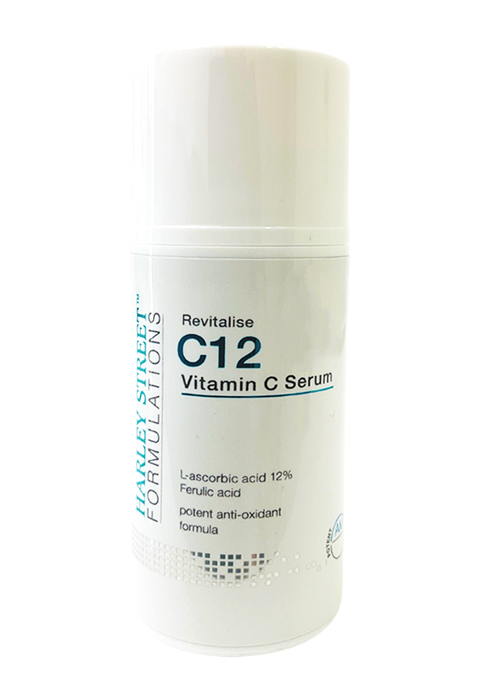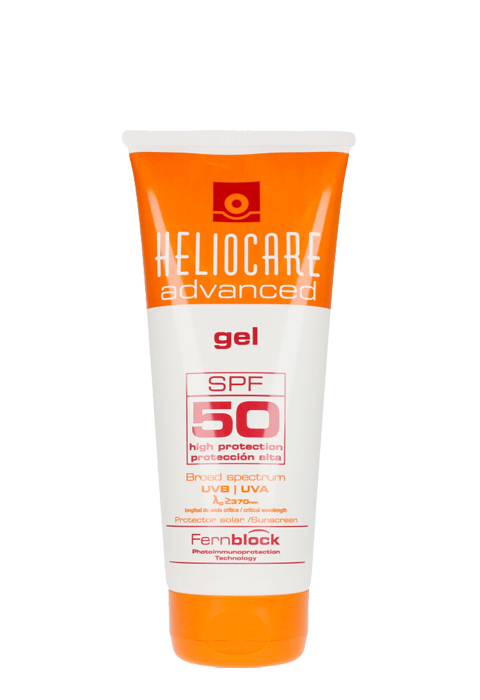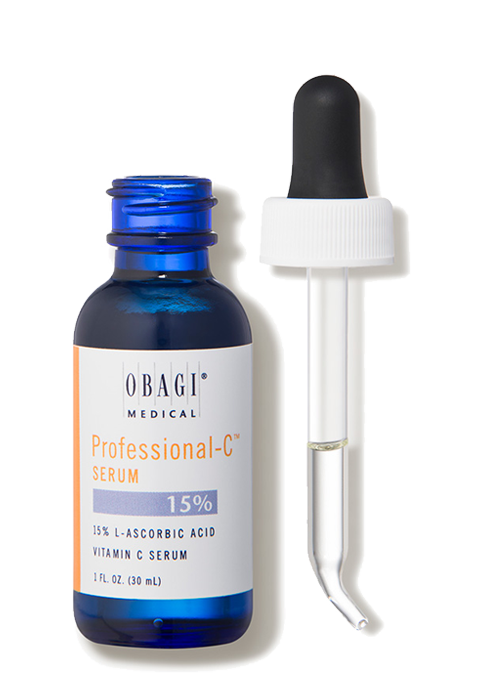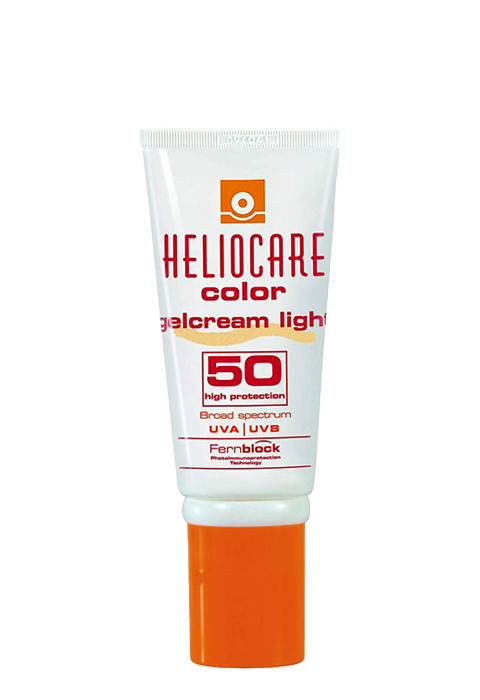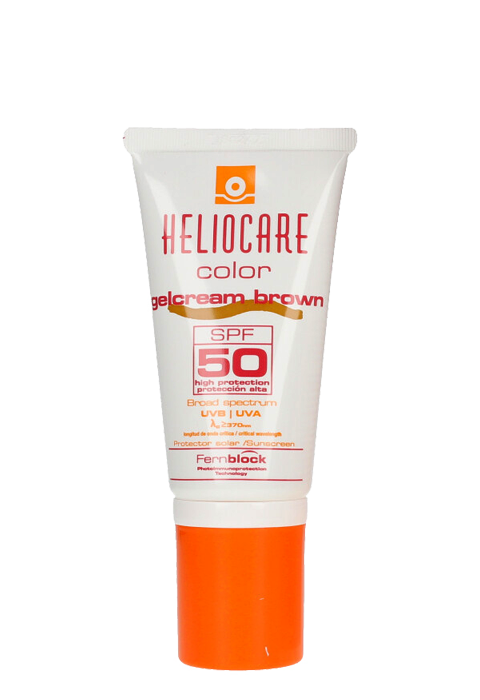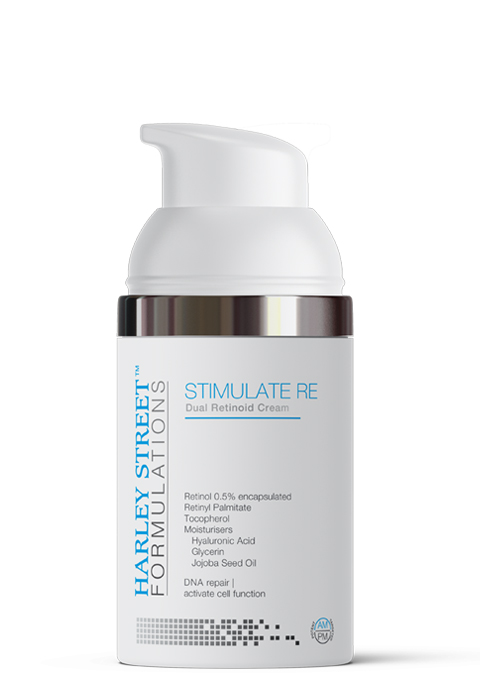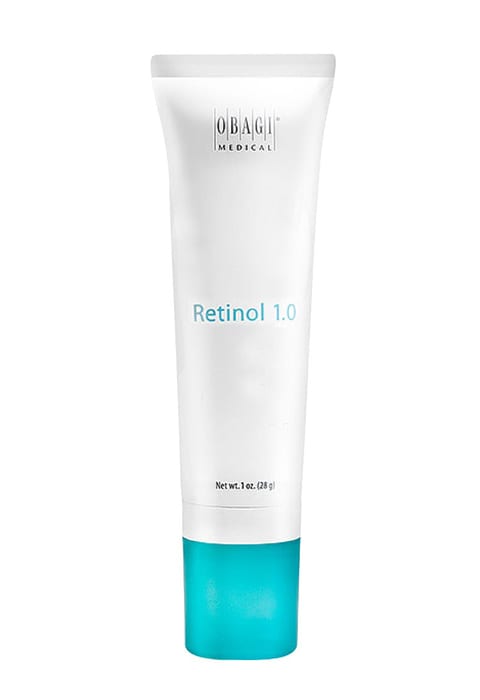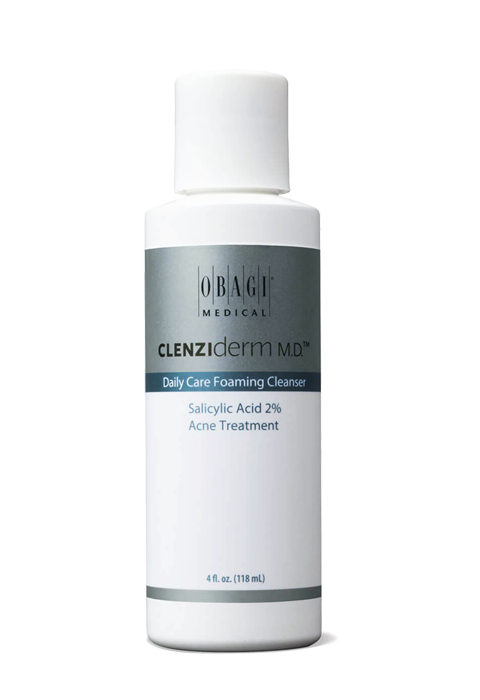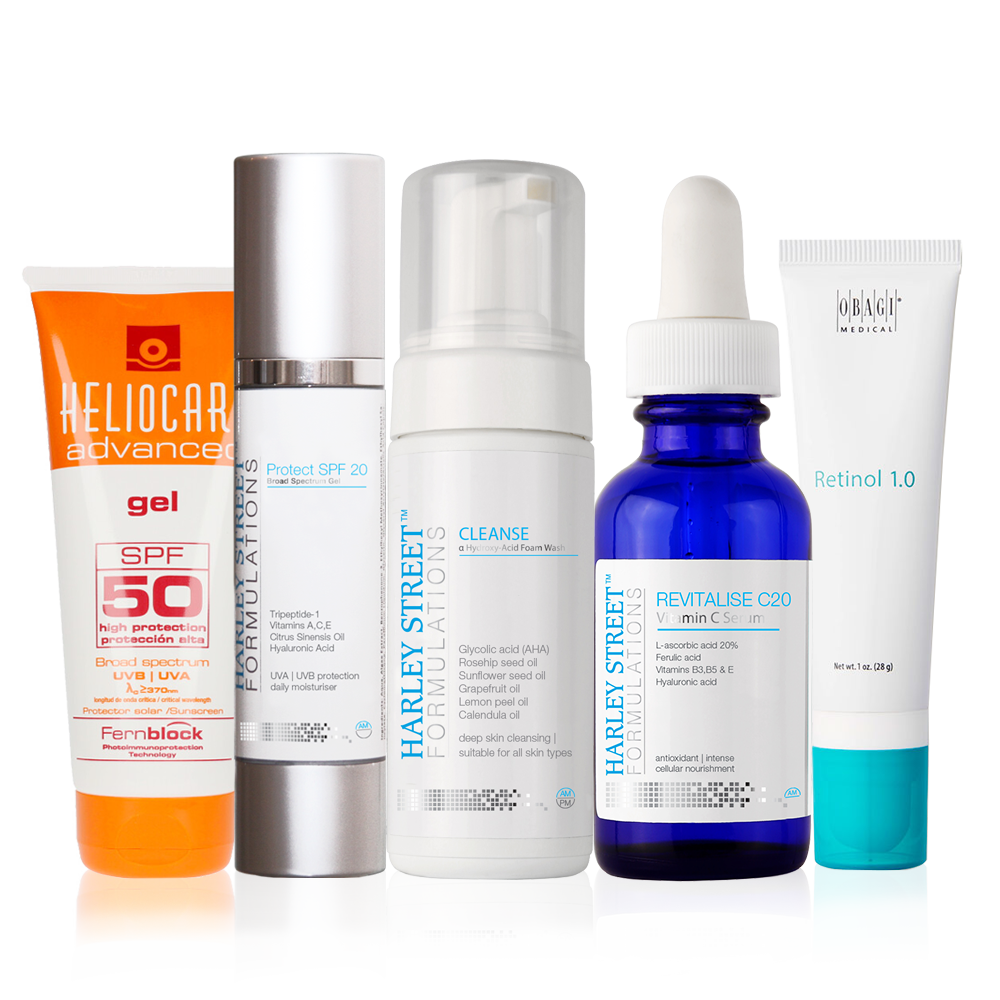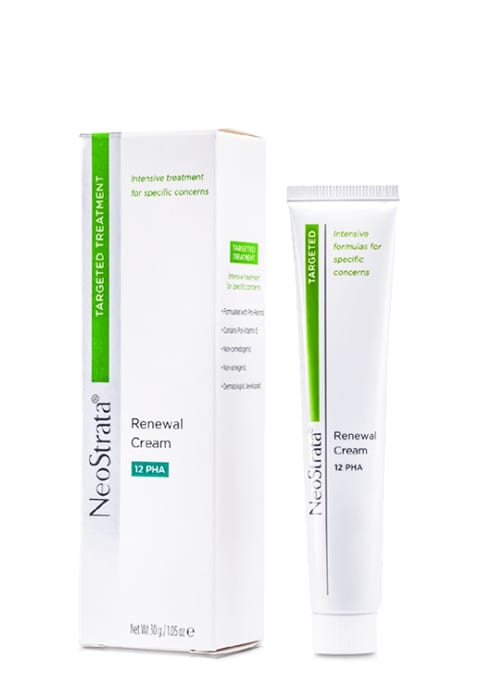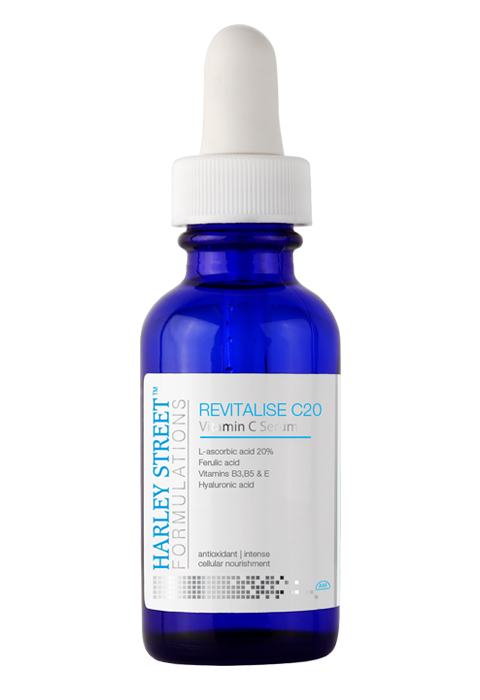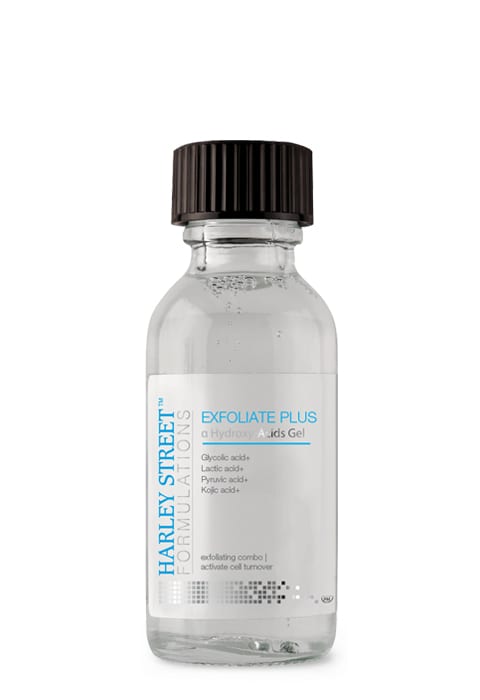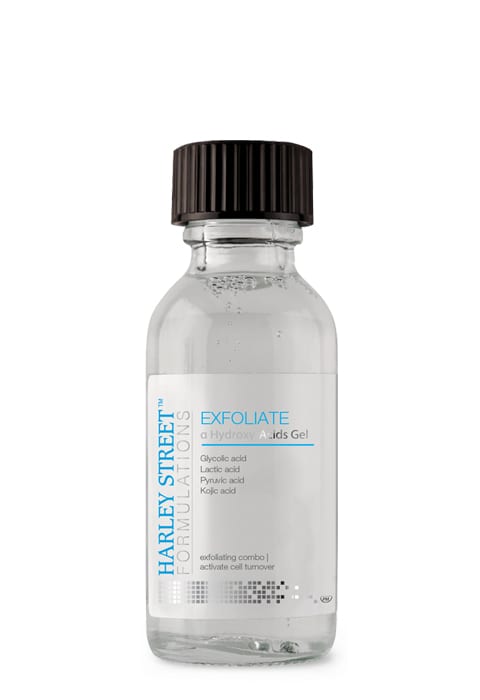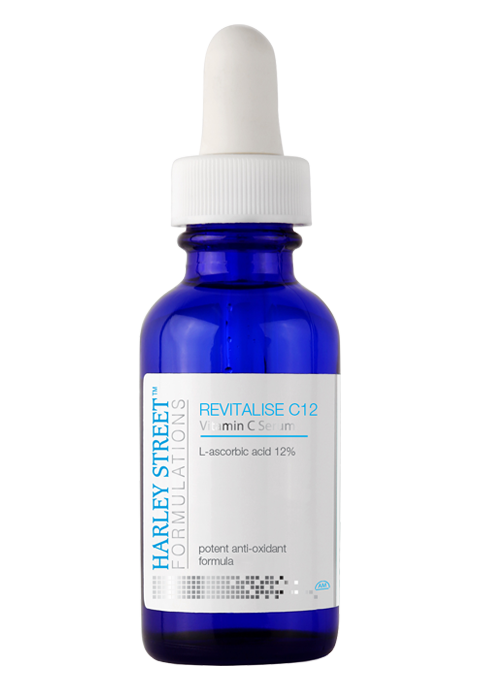- How To Stay Protected From Sun
- Important Considerations About Sunscreens
- Learning The Proper Application Of Sunscreen
- What Is Sun Protection & Why Is Using Sunscreen Important?
- Understanding Different Types Of Sunscreens And Choosing The Right One
- What Is Sun Protection Rating And How Do You Choose The Right One For You?
- Polarised Debate On Sunblock: How Effective Is IT?
-
Injectables
-
Botox -
Dermal
fillers -
Lip Fillers -
Non Surgical
Nose Job -
Chin Filler -
Under Eye Circles
(Tear Trough) -
Non Surgical
Face Lift -
Masseter Botox -
Jawline Filler -
Cheek Fillers - Calf Reduction
- Nefertiti Lift (Platysma) & Turkey Neck Bands
- Bunny Lines (Nose Wrinkles)
- Lip Flip
- Trigger Point Release
- T-Zone Oily Skin
- Dimpled Chin
- Nasal Flaring
- Gummy Smile
- Bruxism / TMJ
- Migraines / headaches
- Neck lines
- Forehead Indentations
- Botox Forhead Lines
- Botox Crows Feet
- Botox Frown Lines
- Profhilo
- PDO threads
- Hyperhidrosis (excessive sweating)
- Fat Dissolving
-
-
Skin & Body
-
V i s i t
- Chemical Peel
- Peel To Reveal Popular
- PRP (Vampire Facial)
- Prescription Grade Skin Care Popular
- Charity A Peel
- Hydrafacial
- Micro Needling (electronic) Popular
- Acne Treatments
- Facial Thread Veins
- Leg Veins (Spider/Thread Vein)
- Skin Tag Removal
- Ageing Skin Concerns
- Hyperpigmentation
- Facial Volume Loss
- Lines & Wrinkles
- Sun Damage
- Stubborn Fat Deposits
- Black Heads & White Spots
- Jawline, Jowls & Double Chin
- Cellulite
- Tired Eyes
- Neck - Lines, Wrinkles & Cords
-
- Glow & Go TM Skin Shop
- Book an Appointment Book
- CosmeShop
- Cosmetic Surgery
- CosmeTalk
-
COSMESURG| Surgical
-
| Professional EducationHARLEY STREET
INSTITUTE -
| Skin CareHARLEY STREET
FORMULATIONS -
GLOW & GO| Skin Bar Clinic
-
COSMETALK| Public Education
-
INJECTABLES
Injectables
-
SKIN & BODY
Skin & Body
-
COSMESHOP
-
COSMETALK
View All Posts
Dermal Fillers Before And After – Get The Better Version Of Yourself Today
It is true! Beauty industry has been revolutionized, aesthetic treatments have been personalized and new beauty… - ABOUT US& Treatment Criteria
Important facts and Considerations About Sunscreens
Summer is the time when your sunscreen is the most essential skincare item. Different brands start pouring onto the market and it becomes increasingly difficult to choose one brand. Most of the time, you end up choosing a product with better marketing tactics and, hence, fail to provide your skin with proper sun protection.
Choosing sunscreens is a tricky job. You need to know the various facts before being able to apply it properly and getting the maximum benefit. Here are some important facts you should consider when picking up a sunscreen.
Which Type of Skin Needs More Protection?
Pale skin needs more protection compared to darker skin tones because it contains less of the melanin pigment that protects us from harmful sunrays. As a result, people with pale skin suffer from cancer and sunburn more often.
Also, the closer you get to the equator, the stronger the harmful rays get. This is why you need a stronger sun protection while living close to the equator.
Does High SPF Offer More Protection?
The answer is both yes and no. Yes, because a higher SPF will actually give you more sun protection. No, because this protection doesn’t increase linearly. Using SPF 50 does not provide you with 50 times more protection. So it is better to use a higher SPF, but SPF 30 is the best.
Sunscreens with a higher SPF than that are not very effective as they give a false sense of security to the user. SPF 15 blocks 94%, SPF 30 blocks 98% and SPF 50 blocks 99% of UVB. However, the formula becomes thicker and more concentrated, so is it worth the risk of the extra titanium and other strong skin irritants it contains? It is better to use a lower SPF and a cap. In fact, in Spain they cannot label an SPF more than 50 as companies there got carried away and kept upping the number to sell more. Higher SPF sunscreens attract customer but only block UVB and not UVA.
What Are The Essentials To Consider When You Buy Sunscreen?
Here are the points you should have in your mind when buying a sunscreen:
- It should be SPF 30 or higher, but not more than 50
- It should have a broad spectrum so that it protects against UVA rays as well
- It should contain any of the following: zinc oxide with a concentration of 5% or more with octocrylene, titanium dioxide of 5% or more, ecamsule (Mexoryl SX) 3%, avobenzone 3%. The concentration percentage also matters. Zinc oxide is a better choice than titanium dioxide. Avobenzone should also be stabilised as it is a highly unstable compound, and ecamsule and avobenzone should be combined together in an ideal situation
- Antioxidants are a very good choice if you want to stay protected from sun damage, so buying sunscreens with antioxidants like vitamin A, vitamin C and vitamin E is a good option
When Should You Give Up On Your Sunscreen And Buy A New One?
Like every other product, sunscreens have an expiry date. Using expired products will lead to lots of skin issues. Your skin can get irritated or even break out into spots.
The shelf life sunscreen is around three years, so they are safe and effective within three years of their manufacturing date. Although they degrade after that, sunscreens can work perfectly well up until a year after their expiry date.
So whenever you buy a sunscreen, look for the expiry date on it. Not all companies print this because it is not required by law. In such cases, buy your products from a store where you know the stock is refreshed every now and then, as it will save you trouble and your money too.
Once your sunscreen has completed its shelf life, the ingredients start to lose their ability to work. They degrade and so should not be used. Changing your sunscreen every year is a good idea.
Do Sunscreens Provide Protect Against Skin Cancer?
The answer again is both yes and no. Why so? As was previously stated, a sunscreen with a higher SPF can give you a false sense of protection. This leads to carelessness and people can stop using other protective measures like caps and umbrellas.
It is also thought that using sunscreens with particles that penetrate the skin play some role in the cancer-causing mechanism. Though their role is not very clear yet, it is a good idea not to apply a very thick layer of high SPF sunscreen.
However, the cancer protection that sunscreens give you is a real thing. They actually save you from skin cancers like squamous cell carcinoma.
What Is The Perfect Amount That You Should Apply?
Well, it is suggested that you use a liberal amount of the product or you won’t have full sun protection. One teaspoon is the suggested amount to apply on the face. Using less than this will provide inadequate protection.
Don’t ignore your neck and other exposed areas while applying sunscreen, as they too can get damaged.
Are Expensive Sunscreens Any Better?
The answer is a straightforward NO! They are no better than cheaper sunscreens. There are so many sunscreens available out there on the market and some provide the same kind of benefits, but there is a huge price gap. Make sure you don’t fall for the expensive one as a cheaper sunscreen can provide you with the same protection as an expensive one.
All you need to see is that the SPF is at least 30, it offers both UVA and UVB rays protection, and it has not expired yet. If it fulfils all these criteria, just go for it. Using it for some time will help you to understand its effectiveness.
Further Reading from Skin Ed
CosmeTalk Articles
Testimonials #Cosmestories
2
I had a botox treatment with cosmodocs. I found the price very reasonable. Even better the results were excellent. I will definitely use this service again.” – BH
3
I am a very satisfied customer of Cosmedocs – I’ve had three facial areas treated with Anti-Wrinkle Injection at CosmeDocs in recent years, and find the treatment swift, thorough and effective. Also, Dr Haq’s pleasant and friendly manner makes the treatment as painless as possible!” – CFSP
CosmeShop

-See more products












